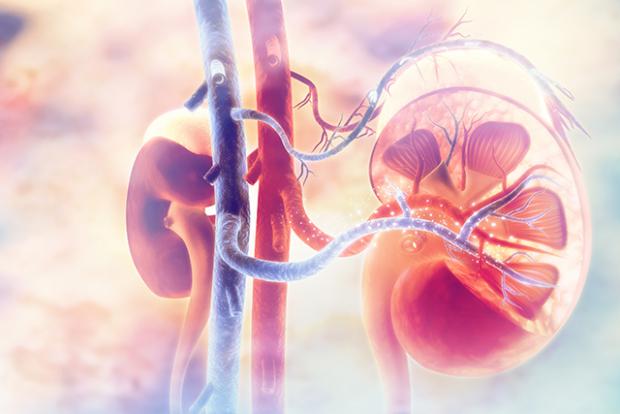
Breaking News
 So long, Paris: US officially leaves landmark climate pact – Trump has formally removed the U.S...
So long, Paris: US officially leaves landmark climate pact – Trump has formally removed the U.S...
 VIDEO: Ilhan Omar Caught In Massive Money Laundering Operation With Fake Winery!
VIDEO: Ilhan Omar Caught In Massive Money Laundering Operation With Fake Winery!
 HISTORIC BOMBSHELL: Trump Federalizes Large Parts Of California After A Year Long Federal...
HISTORIC BOMBSHELL: Trump Federalizes Large Parts Of California After A Year Long Federal...
 Washington Post staffers beg owner Jeff Bezos to spare their jobs amid plans to slash HUNDREDS...
Washington Post staffers beg owner Jeff Bezos to spare their jobs amid plans to slash HUNDREDS...
Top Tech News
 Researchers who discovered the master switch that prevents the human immune system...
Researchers who discovered the master switch that prevents the human immune system...
 The day of the tactical laser weapon arrives
The day of the tactical laser weapon arrives
 'ELITE': The Palantir App ICE Uses to Find Neighborhoods to Raid
'ELITE': The Palantir App ICE Uses to Find Neighborhoods to Raid
 Solar Just Took a Huge Leap Forward!- CallSun 215 Anti Shade Panel
Solar Just Took a Huge Leap Forward!- CallSun 215 Anti Shade Panel
 XAI Grok 4.20 and OpenAI GPT 5.2 Are Solving Significant Previously Unsolved Math Proofs
XAI Grok 4.20 and OpenAI GPT 5.2 Are Solving Significant Previously Unsolved Math Proofs
 Watch: World's fastest drone hits 408 mph to reclaim speed record
Watch: World's fastest drone hits 408 mph to reclaim speed record
 Ukrainian robot soldier holds off Russian forces by itself in six-week battle
Ukrainian robot soldier holds off Russian forces by itself in six-week battle
 NASA announces strongest evidence yet for ancient life on Mars
NASA announces strongest evidence yet for ancient life on Mars
 Caltech has successfully demonstrated wireless energy transfer...
Caltech has successfully demonstrated wireless energy transfer...
 The TZLA Plasma Files: The Secret Health Sovereignty Tech That Uncle Trump And The CIA Tried To Bury
The TZLA Plasma Files: The Secret Health Sovereignty Tech That Uncle Trump And The CIA Tried To Bury
Urinary stones: Tips for prevention and holistic relief

• Urinary stones develop from crystallized minerals (calcium oxalate, uric acid) in concentrated urine, causing severe pain, nausea, vomiting and blood in urine.
• Dehydration, high-oxalate diets, excessive vitamin D and thyroid meds, processed sugars, animal protein and genetic predisposition all contribute to stone formation.
• Untreated stones can block urine flow, leading to infections, kidney damage or sepsis, thus requiring immediate medical intervention.
• Conventional medicine uses painkillers, lithotripsy or surgery, while holistic approaches (hydration, herbal remedies like marshmallow root, skullcap) ease passage and prevent recurrence.
• Staying hydrated, reducing salt and oxalates intake and managing stress can help prevent urinary stones.
Urinary stones – small, crystalline formations that develop in the urinary tract – are notorious for causing excruciating pain, often described as one of the worst physical experiences a person can endure. These hardened mineral deposits can form anywhere from the kidneys to the urethra, triggering symptoms ranging from sharp, radiating pain to nausea, vomiting and blood in the urine. While modern medicine offers treatments such as painkillers, lithotripsy or surgery, prevention remains the best strategy. Traditional Chinese Medicine (TCM) and holistic approaches also provide relief, emphasizing hydration, diet and natural remedies to reduce recurrence.
Understanding urinary stones: Causes and symptoms
Urinary stones develop when minerals like calcium oxalate, uric acid or calcium phosphate crystallize in concentrated urine. Dehydration, dietary imbalances, genetic predisposition and certain medications (such as thyroid drugs or excessive vitamin D supplements) can contribute to their formation. Once a stone begins moving through the urinary tract, it can cause severe pain – often localized below the ribs – that may spread to the lower abdomen, groin or the leg. Additional symptoms include nausea, vomiting, fever, chills and visible or microscopic blood in the urine.



